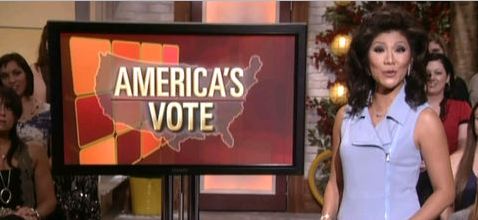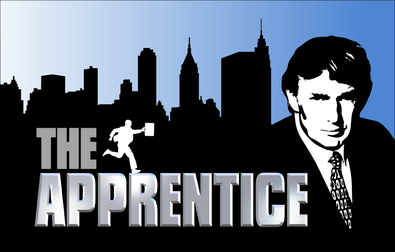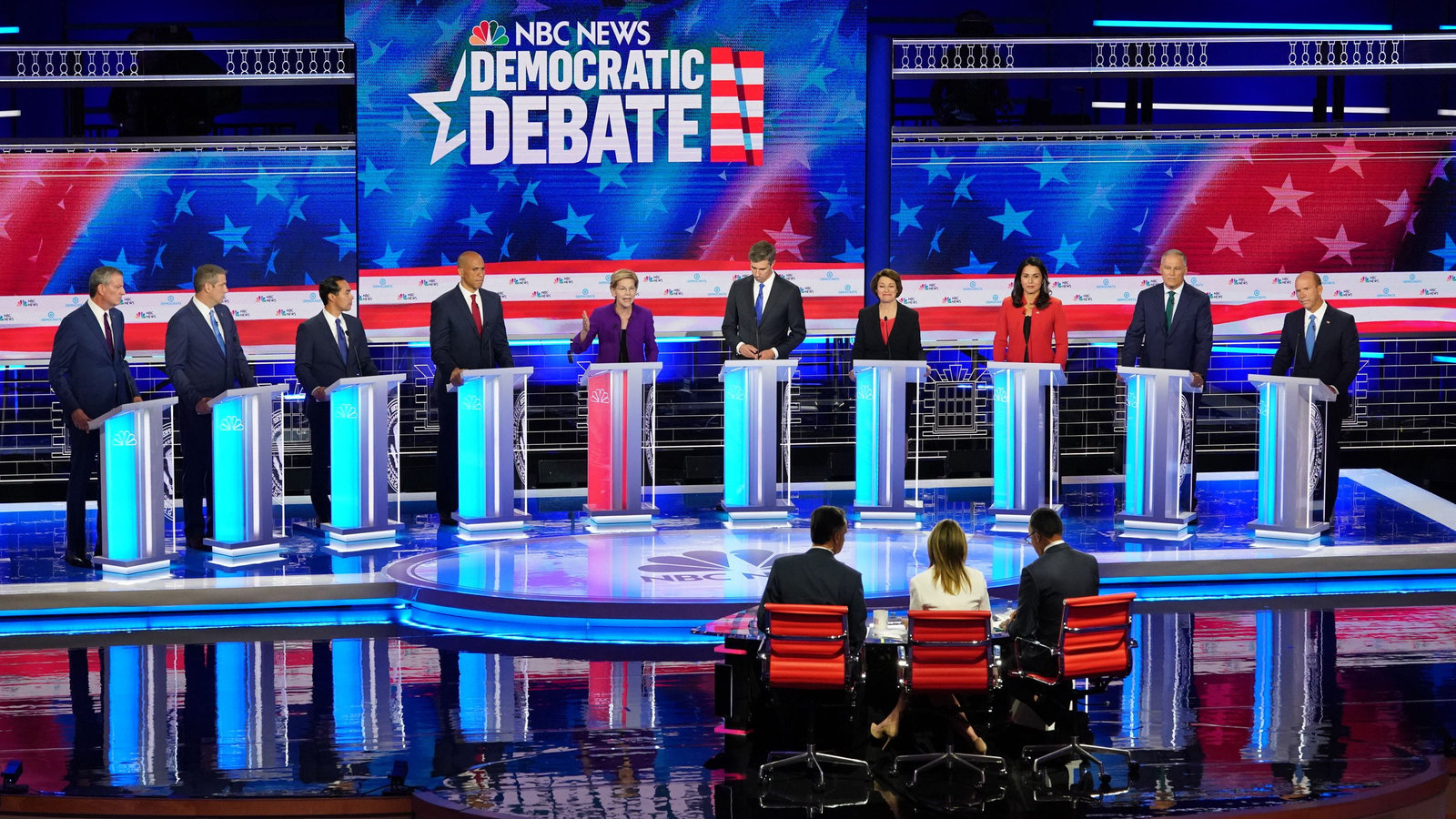“…It has been said that democracy is the worst form of Government except for all those other forms that have been tried from time to time.…”
In the 1990s, a political scientist named Francis Fukuyama famously declared ‘the end of history’. The Soviet Union’s collapse, the seemingly indissoluble unity between Western nations, and the slow transformation of non-Western nations into representative democracies all lent themselves to this point of view – that such democracies were not just inevitable for a state to thrive, but that there was no further point for this type of government to evolve to. Naturally, Fukuyama’s argument is considerably more complex than it is typically represented as today – but even the kindest reading of his forecast easily demonstrates just how incorrect he ended up being. China, the Middle East, extremist and radicalised political positions, the World Wide Web, and Big Brother are just a few examples of major, global events and things that have ensured history will survive and thrive for years to come.
No, not “Big Brother” as in debates about Orwellian surveillance states (though this topic has also made its mark on current global history). Rather, my current hypothesis is that reality TV shows such as Survivor, Big Brother, and American Idol have begun to change how democratic political systems function, in a way that may ultimately cripple such democracies. Don’t get me wrong….I don’t take any pleasure in such a viewpoint, and I can’t predict that this is definitely the case. At the same time, though, what else is a blog for if not hashing out my own poorly-conceived ideas?
Before we get down to business, though, it’s worth quickly understanding where democracy comes from. I think that there’s something of a popular concept that government has historically gone from tyrannical/absolutely held power, to democratic/evenly distributed power….which is neither true, nor fair. Ancient Greek nations were, after all, more democratic (if somewhat romanticised) than the feudal Middle Ages.
Government systems tend rather to reflect the needs of the society that they serve…and to be roughly linked with the education of these societies. The Greek democracy was open to the actual citizens, who were also highly educated. In the Middle Ages, the lords and kings were educated, the general populace….less so. As the European middle class rose and rose and rose from, say, 1600-1950, so too did democracy become more available to more and more of its citizenry. A charitable reading of such trends would be that, in order to exercise power wisely and make intelligent decisions, those who possess power must be educated. A more cynical take would be that education is used by those in power as a tool, in order to keep both power and education in the ‘right’ (ie, their own) hands. To be honest, I suspect a mixture of both is probably the fairest interpretation. Power and education have undeniably been used as tools for oppression in virtually all societies….but in a society where education for the masses is truly impossible, it would be very foolish to not give power to those with education. A bit of A, a bit of B.
Hence, by the late 20th century, we arrive at a point in Western societies where mostly everyone can be assumed to have a good level of education….and thus, mostly everyone can be trusted to govern themselves, to make informed decisions about their own lives. Of course, we don’t actually have time to govern ourselves, so we elect people to do it for us….mostly giving up our right earned through education to govern ourselves by giving that vote to a proxy, a member of Parliament. This, then, is not ‘pure’ democracy, but a form of it….representative democracy. In principle, it has its advantages over true democracy – we all possess sufficient education to choose our proxies, who in turn can dedicate even more time to educating themselves in order to run government as effectively as possible.
In practice, there are obviously a great deal many more factors that play into this, making representative democracy….not necessarily worse, but possibly not better. The prime, and obvious examples of this are that our elected proxies are able to abuse the power that we give to them….and a great deal of care is typically taken to minimise these possible abuses of power.
Intriguingly, this doesn’t cut the other way…..such checks and balances are placed extremely lightly upon the civilian voting population (convicted prisoners serving time for non-trivial offences and the severely mentally handicapped are among the few groups typically restricted from voting). And, until recently, this was a Good Thing. But then a Bad Thing happened – reality TV.
But before we go further with that….let’s switch channels and examine reality TV a little more closely. This genre of entertainment is often said to have begun with Survivor, which is inaccurate no matter how you look at it….but also useful as a starting point. The ‘idea’ of reality TV goes back much further than that, and there were some attempts at it (though without the label that now accompanies the genre). By the ‘90s, the general concept of such entertainment was just the right mixture of novel and familiar, allowing The Truman Show to emerge. The Truman Show is also a good example of a subgenre of reality TV that we can begin to define….namely, the ‘realistic’, or the non-competitive. Programs that showcase a particular profession or person in the ‘real’ world (the Kardashians, Gordon Ramsay, Pimp My Ride) can be seen to belong under this umbrella.
We aren’t interested in those shows. Rather, we’re interested in shows like Survivor, Dancing with the Stars, and, yes, The Apprentice….shows that are overtly concerned with competition between the participants.
Of these shows, we can also subdivide them into several main ‘types’…..social/skilled, and internal/judged/external voting systems. ‘Social’ shows include Survivor and Big Brother – though these shows have challenges that require a variety of skills, the primary thing being tested is the participants as people or personalities. Skilled shows could be The Apprentice, American Idol, or Masterchef….here, the contestants are competing to dominate in some technical area, and are eliminated based on their successes and failures.
Our second division, internal/judged/external voting systems, simply dictates how the show’s participants are evaluated, what system exists to whittle down the competition. Internal voting systems would be on a show such as Survivor. Here, the contestants are their own jury as well. They have the same opportunities to win challenges, and the same voice when it comes to elimination. The social structures are entirely internal, with no influence from sources outside of those competitors themselves. Indeed, Survivor is a rarely pure show where the format remains uncompromised by outside elements from beginning to end – even the final vote for the eventual winner is cast by a jury of the last few eliminated contestants, many of whom will have been eliminated by the very people they must now give $1,000,000 to. I’m not much of a reality TV man, but if I were to start watching it, Survivor would absolutely be my first choice, precisely because the nature of its competition is so transparent.
A judged show would look more like Masterchef or The Apprentice. Here, we have some select board of experts who dictate which participants progress, based upon some criteria that is imposed by the show’s format. Finally, we come to external shows, where the contestants are voted upon by a larger public (almost always the viewing audience and live, via SMS or web polls). Whilst these shows are typically also based upon demonstrations of talent/skill, and the audience is overtly encouraged to vote as if they were judging quality, there is no mechanism in place to ensure that other factors (such as social skills, physical looks, or the contestant’s ‘backstory’) are removed from the equation. Indeed, given that these latter elements all make for good TV, and the emphasis placed upon developing these stories throughout a typical series, it is likely not controversial to suggest that these are far more important factors than the skill that is supposedly being assessed.
This becomes especially apparent when the latter two categories – judged and external voting – are mixed within a show, which is fairly common. Dancing with the Stars, for example, gives equal rank to the order that the judges vote upon, and the popularity of the external votes – with the important caveat that if two contestants end up in last place, the contestant with the higher audience vote will progress. Hence, a contestant with a huge popularity base will typically survive much longer than a lesser-known ‘star’, and by the Grand Final, which is between two contestants, the audience vote is actually all that matters. Many talent shows go about it in a slightly different way, where the judges cut down the initial applicants into a manageable pool of finalists. The judges may offer commentary and perhaps even vote after that point, but the voting is overtly in the hands of the audience….the popular *insert country of choice* Idol series being a stellar example of this sort of voting. Less common is when internal/external voting is mixed, though Big Brother has certainly played with either or both across its many seasons internationally. I am unaware of any reality show which mixes internal/judged voting, and cannot see a good reason to combine the two….though one could make the case that The Bachelor is something of a blend.
Now, the surface level comparison of democratic voting for a nation’s government and The Voice is not an especially profound one. Nonetheless, there are deeper similarities within these two democracies. Firstly, of course, is the lack of control over who is allowed to vote. This is integral to true democracy, that everyone has a voice – but it is undeniable that few among the general populace are sufficiently well-informed to make decisions about the governance of a nation, or who is best qualified to make those decisions for them. This may sound elitist….and it kinda is. But I would include myself in that ‘unelite’ category, and I try to stay well informed. However, the truth of the matter is that I’m unqualified to offer an opinion on international relations, infrastructure, economics, domestic security, trade agreements, social security…..never mind the occasional crisis that a government cannot possibly foresee, and must respond to. Hello, COVID-19. I would not trust myself to make a decision on any of those matters….so how can I trust myself to decide who is best qualified to make those decisions for me?
Ironically, I would trust myself much more to vote on The Voice. I’m a professional musician – I know one or two things about what makes for a good singer. Even then, though, my speciality is not as a pop artist or as a singer, and I have colleagues whose opinion I would take even more seriously than my own when it comes to judging such talent shows. At the same time (and yes, this is elitist), I trust my opinion over that of 99% of the general public….and if I disagree with the public’s choice, that then means that the public were gauging the performance under some other criteria than that which the show ‘wants’ them to.
Mind you, I’m sure that the producers of such shows are well aware that the public aren’t just looking for the objectively best talent. Why else would they dedicate so much time to the family stories, to the motivations, to the talking heads and emotional scenes? Again, these make for good drama….and, well, I can respect that. At the end of the day, it doesn’t matter that much to me if the public votes for the ‘wrong’ winner, my life will go on just fine.
Unfortunately, that’s an advantage that reality TV has over politics. If the people vote for the wrong government? Well, my life could be stuffed in all sorts of ways…ways I might not even be aware of. The banality of reality TV is also what saves it, and it is not a grace extended to democratic processes. Worse, people are infamously poor at distinguishing between different ‘types’ of reality, or even reality and fiction….while we are cognitively aware that a massacre in, say, Africa is real, and one in Game of Thrones is not, we still have much the same ‘base’ reaction to each. Likewise, we know that our political vote has more weight than that for a reality show, but the two are governed by the same basic cognitive processes. And when we are being trained by reality TV to vote for the best ‘story’, that training must surely impact our votes in other areas of life as well.
I’m not really sure that this is the best explanation of my concerns about democracy. It certainly isn’t a concise or well-defined thesis, nor is it even necessarily well-informed. Maybe that’s the point, though. I’m aware that I don’t know much about any of this….and I do worry about how I make my decisions, about how my vote is influenced by any number of factors. The ill-defined link between education and democratisation in a society may be more complex than one would hope – just because education is better does not mean that we are better informed about governing ourselves. Meanwhile, the rise of reality TV has paralleled and influenced democratic voting in so many ways. The accessibility and connection between the public and their leaders. The ways in which producers, newspapers, publicists and even external malicious agents can influence how people think or feel about those public figures. And, of course, the clear evidence that a public does not feel the need to educate themselves on qualifiable merit and skill in order to make a decision, but will happily turn it into a popularity contest – this is demonstrably the case when it comes to the public voting on who is the best dancer. And it seems increasingly likely to me that this is also how the public decides who is the best president.
It is perhaps only surprising, then, that it took as long as it did for a reality TV star to assume the role of a world leader. ‘The end of history’ has gone without coming. The end of democracy may never come…or it may. At the very least, if democracy is to function well, I fear it must at least be reformed. I don’t know what the solution is….if there even is one. However, I cannot help but feel that the current issues of populist politics, of cults of personality, that dog democracies the world over, are not the fault of the people or of the politicians, but of the system itself. The people vote as they have been taught they should vote, with as much or as little care for actual understanding as they will. The politicians exploit an exploitable system. And, to a large extent, those exploits have been uncovered and laid bare for those who care to see, by reality TV and its own systems. This is something of a double edged sword – reality TV provides political groups with cheap, dirty maps to successful campaigning. However, the flaws of reality TV are also near the surface, uncoverable with less effort than the murky depths of political campaigning. If there is a way to ‘fix’ democracy, we may be better off first considering how to make reality TV less artistically bankrupt and exploitative. Either way, my feeling at present is that the fates of both are surprisingly intertwined….and will remain so for the foreseeable future. Event, ‘must-see’ programming; weeks upon weeks of coverage, twists and turns; egocentric and charismatic individuals competing with each other; all leading up to a spectacular finale and a frenzied run of voting that will change everything….forever. Honestly – Western democracy of the 21st century may well go down in history as being the most successful and impactful reality TV ever made. At least at the moment, sad to say, I don’t see a discernible or significant difference between one and the other….and, as political groups continue to better understand the exploits that reality TV have uncovered, what differences do exist will only become less profound.
“…It has been said that democracy is the worst form of Government except for all those other forms that have been tried from time to time.…”
Maybe, just maybe, there is a form of Government as of yet untried….or, at the very least, unrefined.
~~~~~~~~~~~~~
Thanks for reading – feel free to check out anything else you may be interested in on the blog, there’s plenty more to discover! Follow me on Facebook and on Twitter to stay up to date with The Blog of Mazarbul, and if you want to join in the discussion, write a comment below or send an email. Finally, if you really enjoyed the post above, you can support the blog via Paypal, and keep The Blog of Mazarbul running. Thanks for reading, and may your beards never grow thin!



